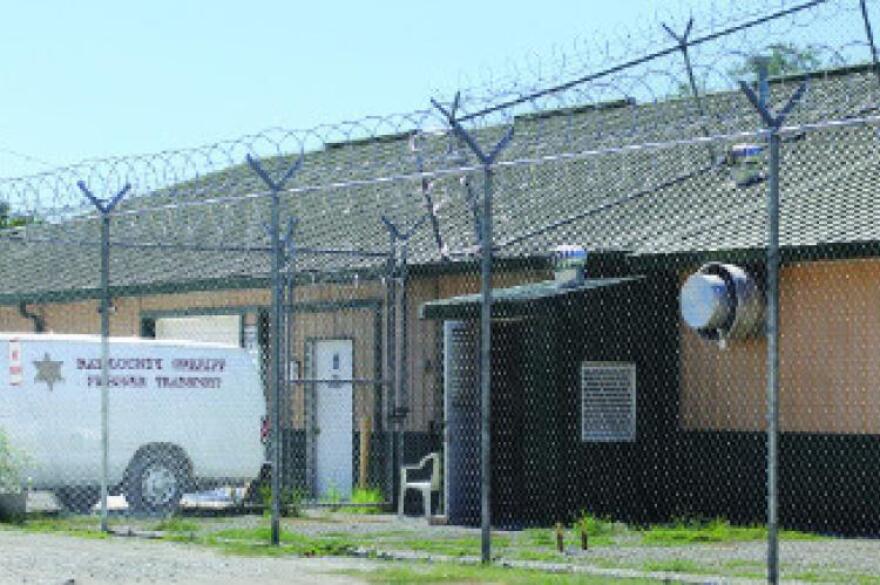Ten female detainees at the Ray County, Missouri, jail say they faced dangerous conditions, including being forced to stand in raw sewage and suffering seizures from the stifling heat at the windowless facility that has no air conditioning.
In a federal court filing Monday, the women seek testimony from two former county commissioners who they said were well aware of the problems and did nothing about it. Two independent inspections in 2021 found the jail to be “a death trap” described as “a wood-fired pizza oven” that failed to meet the most basic health and safety needs, the filing says.
The women seek to serve subpoenas on former commissioners David Powell and Robert King, which is needed soon because they are both seniors who are not in good health, the filing says. Their testimony is needed for a future civil lawsuit the women plan to file against Ray County.
During various times from 2021 through 2024, the women were awaiting trials mostly on municipal or traffic offenses, such as not wearing a seat belt or failure to have insurance. The women are Tabatha Spicer, Misty Silkwood, Deborah Rush, Jessica Wardlow, Shelby Brannum, Sheila Brown, Melynda Casey, Tammara Utley, April Ricketson and Nichole Wilms.
The women’s lawyer, former Jackson County Prosecutor Jean Peters Baker, had no comment on the filing.
The Ray County Sheriff's Office referred a call seeking comment to Steve Coronado, a private lawyer who represents the county. Coronado said the office will investigate the claims within the filing, but wouldn't comment further.

The jail, in Henrietta, Missouri, about 40 miles northeast of Kansas City, has a controversial history. Most recently, newly elected Sheriff Gary Blackwell closed the jail in January 2025, citing safety and security issues, like sanitary plumbing, electrical issues, a lack of proper lighting and damage from escape attempts. Two male inmates escaped in April 2023, but were later caught.
Monday’s filing focuses solely on the female detainees’ pod, described as a separate, small, pressed-metal shed connected to the main jail by a narrow corridor, where jail officials showed a “widespread cultural hostility” to the women. From 2021 through 2024, the commissioners were aware of the jail’s safety concerns, the filing says.
Summer temperatures were so intense, the filing says, that the women suffered “from extreme and prolonged heat, developed rashes, experienced confusion and distorted thinking, lost weight and some lost consciousness and had seizures.”
“The heat was so stifling inside the women detainees’ pod that the women detainees … struggled to breathe and had panic attacks because they were unable to breathe,” the filing says.
There was no call button in the pod to contact deputies, the filing said, so detainees would spell out the word “HELP” with playing cards in the hope that jail staff would see it on the surveillance camera and staff would respond.
Just two of four toilets were functional in the women’s pod, but even the functional ones were often broken, leaking raw sewage into the pod onto the women’s shoes and ankles, the filing says.
The detainees were treated with hostility and disregard for even basic needs, including underwear, which the women were forced to make with T-shirts and rags, according to the lawsuit. They were rarely given menstrual pads or tampons, so “women detainees bled on and through their jail uniforms, on the floor, and on their mattresses,” the filing says.
One woman, who said she reported abdominal cramps to staff and told them she thought she was pregnant, was given an expired pregnancy test that turned up negative. Though she insisted she was pregnant, jail staff ignored her, and days later she miscarried inside the women’s pod, the filing says.





